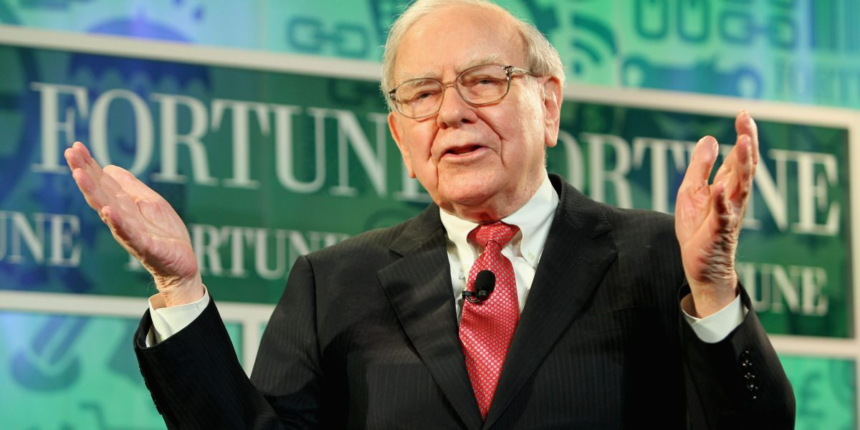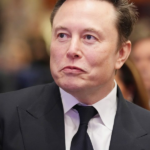For the majority of the past two decades, Chinese EV-maker BYD has been able to hang its hat on the fact that famed investor Warren Buffett held a stake in its business. That’s no longer the case, according to a recent filing from Berkshire Hathaway.
But according to a 10-Q form for Berkshire’s energy arm filed for the period ending June 30, 2025, the Buffett-led company has reduced its stake to zero.
The filing, seen by Fortune, reads that in December 2024, Berkshire held a stake in BYD worth $415m. Beside it, as of June 30, that stake had been reduced to zero.
The BYD sale comes as part of a reduction in the energy giant’s investment portfolio as a whole, which has reduced to $950m from $1.3 billion six months prior. That being said, there was one area where Buffett and his team are buying: Treasury bills. Holdings of this asset increased from nothing to $39 million during the window from December to June.
The backing from one of America’s most famed investors had been a feather in the cap of BYD, even more so because Berkshire has thus far resisted in investing in its main rival, Elon Musk’s Tesla.
“Stock investment, if you buy, you can sell, which is a normal thing! Thanks to Munger and Buffett for their recognition of BYD! Thank you for your investment, help and companionship in the past 17 years! Like all long-termism!”
BYD did not respond to Fortune’s request for comment, but directed other media outlets to the statement from Li.
Therefore Berkshire has already seen a massive return on its initial investment, especially having sold in the early half of 2025 when stock prices were relatively elevated.
But the 10-Q did also shed some light on Berkshire’s potential motivation. It reads: “BHE [Berkshire Hathaway Energy] and Other’s earnings decreased $317 million for the second quarter and $65 million for the first six months of 2025 compared to 2024.
“The changes included an unfavorable comparative change of $257 million in the second quarter and $62 million for the first six months of 2025 and lower net interest and dividend income of $44 million for the second quarter and $58 million for the first six months of 2025, each related to the Company’s investment in BYD Company Limited, lower federal income tax credits … and unfavorable consolidated income tax adjustments, partially offset by lower interest expense and higher federal income tax credits recognized on a consolidated basis for the first six months of 2025.”
On top of the shifting profit picture, BYD is also navigating its new tariff-era environment. Bizarrely, Trump’s trade policy agenda has actually given BYD an edge because it doesn’t sell passenger vehicles in the U.S., unlike some of its other E.V. competitors reliant on the American market.
Foreign ministry spokesperson Lin Jian added in the briefing: “China attaches great importance to its relations with Mexico and hopes that Mexico will work with China to jointly advance world economic recovery and the development of global trade.”









